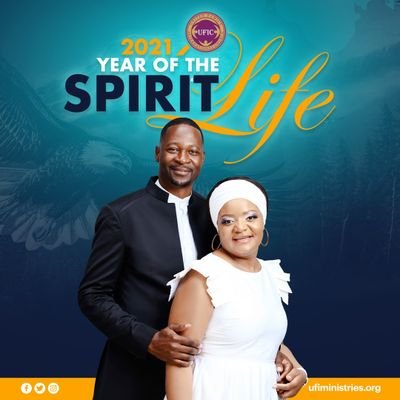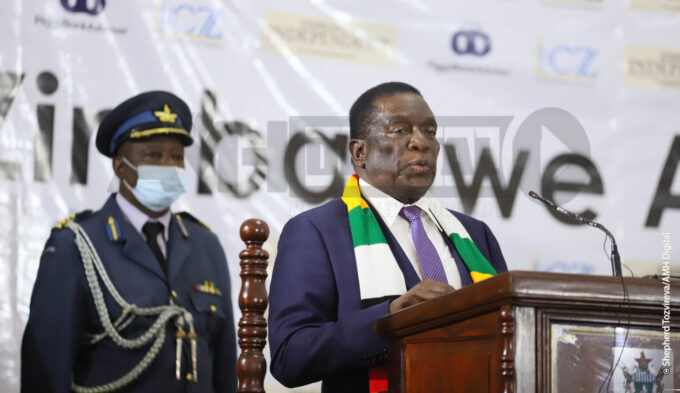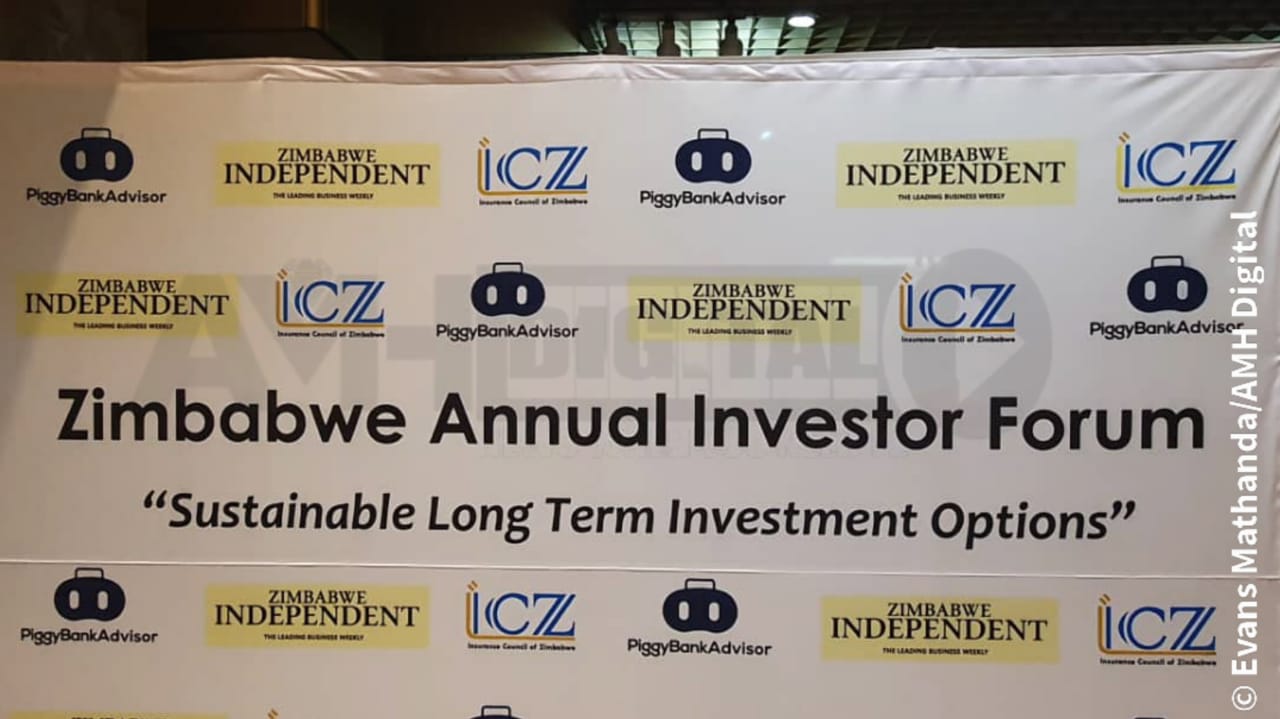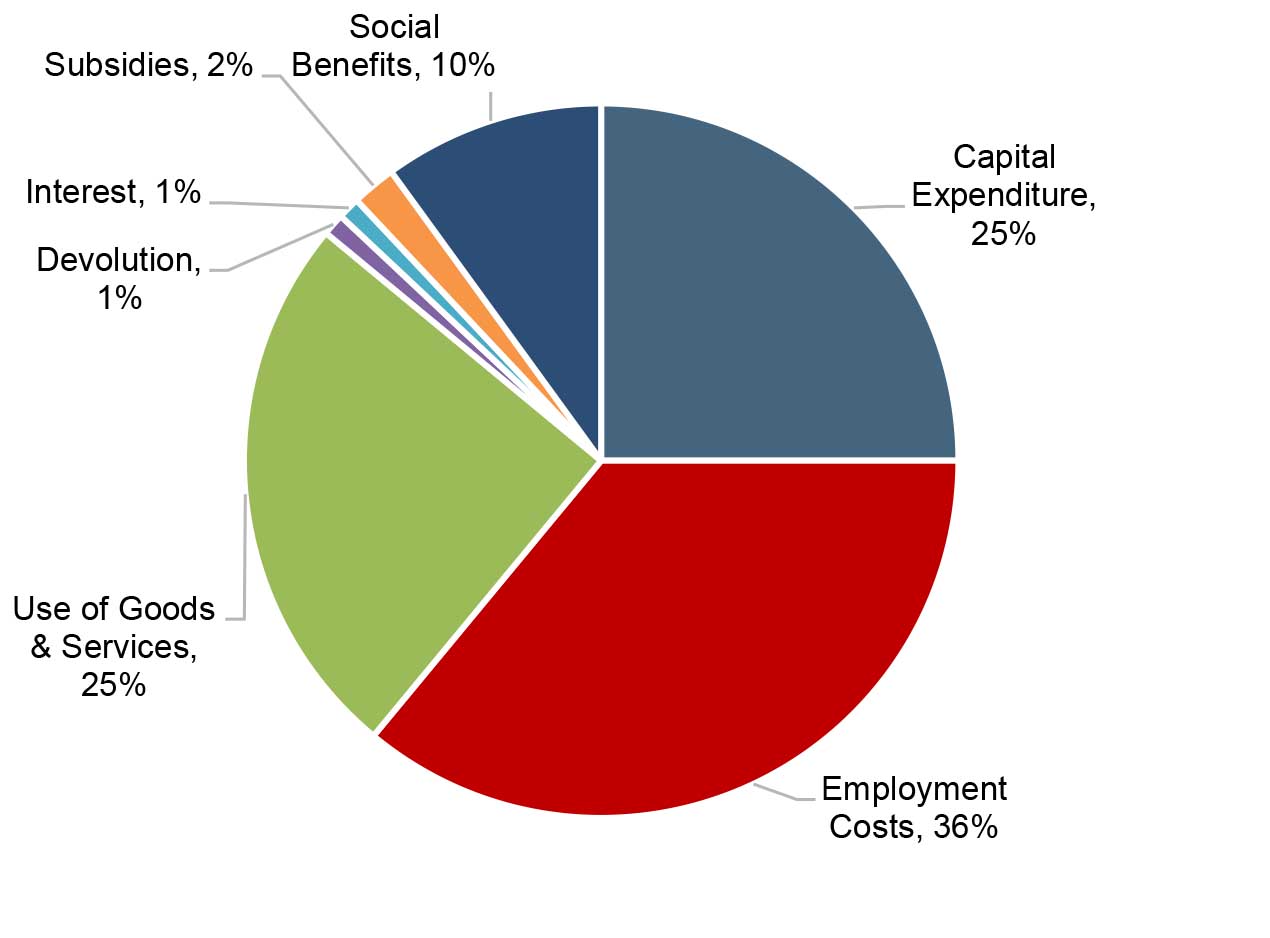
TENDAI MAKARIPE KARL Marx loathed religion, which he termed the opium of the masses.
To him, capitalism weaponises religion to entrench passivity among the lower classes of society.
Writing in what came to be known as Gramsci’s Prison notebooks, political philosopher Antonio Gramsci elaborated how the powerful not only rely on brute force to gain acceptance by the people but use religion to gain endorsements.
He further developed the concept of hegemony, which entails dominance of one group over the other, often supported by legitimating norms and ideas.
A Marxist disciple, Gramsci was undoubtedly the first person to argue that hegemony is an essential element for a ruling class to maintain its authority.
Borrowing from Gramsci’s ideas, religion is used by the political elite as a propaganda tool aimed at making people accept government leaders without criticism. This feeds into the passivity notion propounded by Marx.
This tacitly explains the sheer scepticism of an alliance between political rulers and religious elites.
In Biblical times, prophets were bold to call out sin and chastising corrupt leaders without fear or favour.
- Chamisa under fire over US$120K donation
- Mavhunga puts DeMbare into Chibuku quarterfinals
- Pension funds bet on Cabora Bassa oilfields
- Councils defy govt fire tender directive
Keep Reading
In 1 Kings 21 verse 20, Prophet Elijah approached King Ahab’s palace to deliver a message from the Lord about Ahab’s evil reign.
“Ahab, you have managed to do everything the Lord hates,” Elijah said.
“Now you will be punished. You and every man and boy in your family will die, whether slave or free…You have made the Lord very angry by sinning and causing the Israelites to sin.”
Clearly, this calibre of prophets is rare to find especially in Zimbabwe where some church leaders are out to protect self-interests, neglecting God’s divine mandate.
The recent visit to Emmanuel Makandiwa’s United Family International Church (UFIC) Easter programme by President Emmerson Mnangagwa and his second in command Constantino Chiwenga has triggered debate among Zimbabweans.

The preacher’s followers and sympathisers evoked section 58(1) of the Constitution which argues that: “Every person has the right to freedom of assembly and association, and the right not to assemble or associate with others”.
However, while respecting Makandiwa and Mnangagwa’s right to association, analyst Rashweat Mukundu believes that the former has joined Zanu PF’s campaign team.
“To say Mnangagwa has performed well is being disingenuous on the part of Makandiwa. He is failing to take his role as a pastor in properly counselling political leaders on their failures. They need the truth and not feeding them with lies,” Mukundu said.
“The Bible is also replete with false prophets who would rather not face the truth but tell leaders what they want to hear, which is what Makandiwa did.”
For Zimbabwean politicians, religion and spiritualism take centre stage, no wonder why during the liberation struggle spirit mediums were held in high regard. Even now politicians fraternise with the spiritual realms.
There appears to be an obsession among politicians regarding issues to do with the dynamics of power hence characters like the late Johane Masowe Vadzidzi VaJeso leader Aaron Mhukuta popularly known as Mudzidzi Wimbo were highly esteemed in both the first and second republics.
Traditionally, Zimbabwe’s ruling elite focus more on visiting apostolic sects in a bid to tap into huge numbers associated with those churches.
While some experts view Mnangagwa’s visit to the UFIC church as an attempt to ride on Makandiwa’s influence among his followers, others contend that Zimbabwe is a spiritual country and nothing is amiss.
“There is a need to have a constant relationship between the church and government. This is important for the attainment of a common goal and purpose, there is no need to exclude each other,” analyst Gibson Nyikadzino said.
By associating with Makandiwa and his UFIC congregation, the presidium not only embraced a powerful propaganda technique called plain folk but also employed typical Machiavellian ideas to win the hearts of urbanites.
Writing in his magnum opus, Niccolò Machiavelli notes: “If it makes sense to be ruthless and instil fear among your fellow courtiers behind closed doors, publicly you must show a virtuous face to keep the support of the people. While you sometimes must abandon virtues like generosity, loyalty, mercy, honesty, and religious piety, it is best if you can seem to embody them”.
Another political analyst Lazarus Sauti said: “Mugabe used to attend Johane Masowe Apostolic church gatherings for his political capital. Mnangagwa is following suit.

“His visit to Makandiwa’s church is for political reasons. Remember, there is a relationship between church and politics. Mnangagwa wants to thrive on the bandwagon propaganda technique.
“He wants to ‘belong’ to Makandiwa’s church. Even his speech attested to this,” he added.
To some, Makandiwa’s bootlicking of Mnangagwa is like the biblical prodigal son returning to his father after having sinned against him.
Not long ago, Makandiwa had vowed to disobey the government’s Covid-19 vaccination drive, something that led to a preponderant number of his followers not taking the jab.
He dide a mid-air somersault and ‘repented’.
Makandiwa gets to be pardoned while the ruling elite push for political capital.











